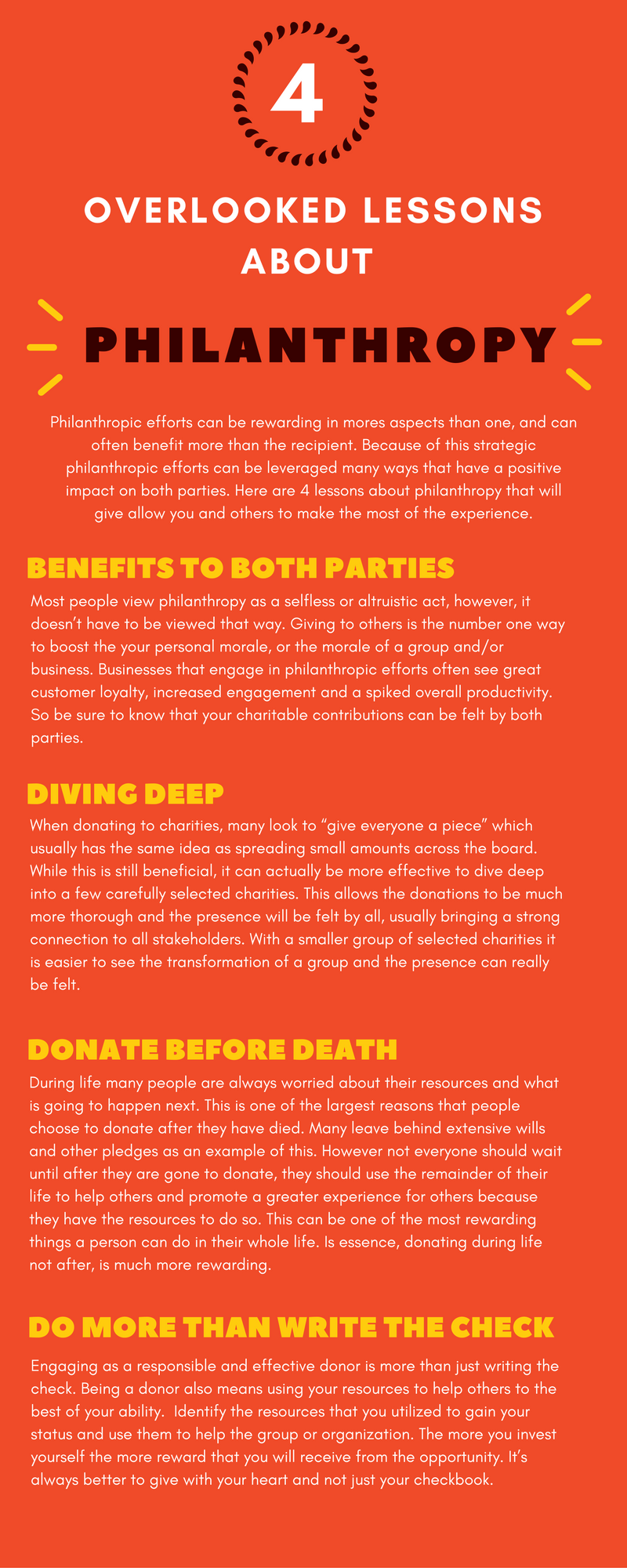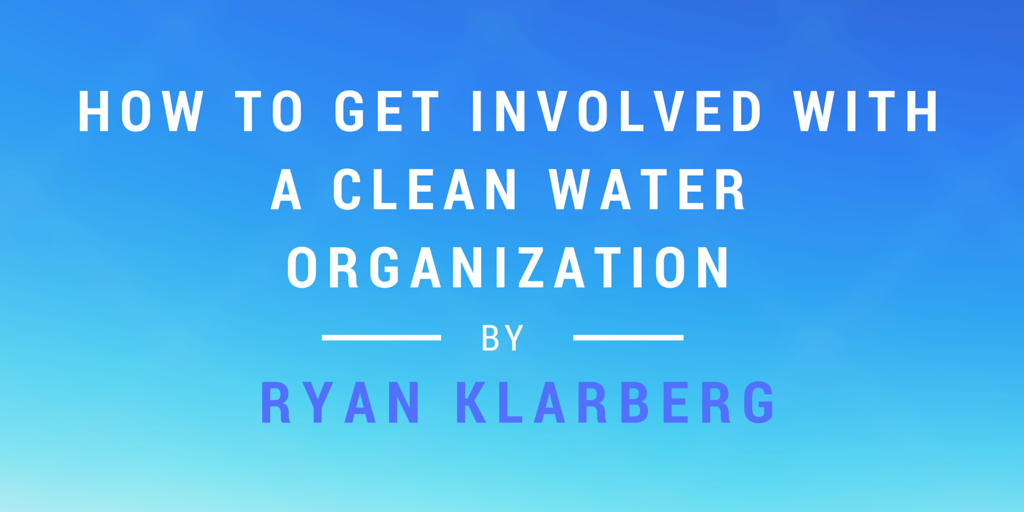It is often suggested that you pay attention to how cost effective a charity is. You can do this by looking up the organization on web sites like charity navigator. Charities can be very wasteful and it is well known that in certain large non-profit organizations that the top ranks are paid six figures and fly in corporate jets. Remember, this is your hard earned money and you should strive to do as much good as you can with your donation.
Second, don’t just focus on your pet cause. This is obviously a personal decision. But just because you like animals doesn’t mean you should always focus your giving on animal related charities. There are plenty of worthy causes out there. Doing more research will reveal them to you. When you are young and money is tight, this might be a hard thing to do.
Your priorities might change if you own a business that can benefit from your giving. There are plenty of great ideas out there that tie together business and philanthropy. For example, if you own a local pizza restaurant, sponsoring a kids sports team might make sense. Alternatively, if you’re a financial advisor targeting high net worth individuals, signing up for a charity dinners can be a great idea. Both options are great as you do good for both society and your business simultaneously.
Fourth, try to avoid knee jerk giving. One example is when there is a large natural disaster, more often than not, international aid organizations have the situation handled. In these situations, charities are usually overwhelmed with donations and the money ends up not spent on what the donors intended. Likewise, if a canvasser comes to your house asking for money, be wary. If you donate on the spot, you will not be able to do the necessary research.
Finally, eliminate the middlemen. Have you ever received a call from a telemarketer asking for a donation to a charity? Be careful as often these salesmen are compensated with a commission. You want as much of your money as possible to go towards those deserving of charity, not a marketer.



